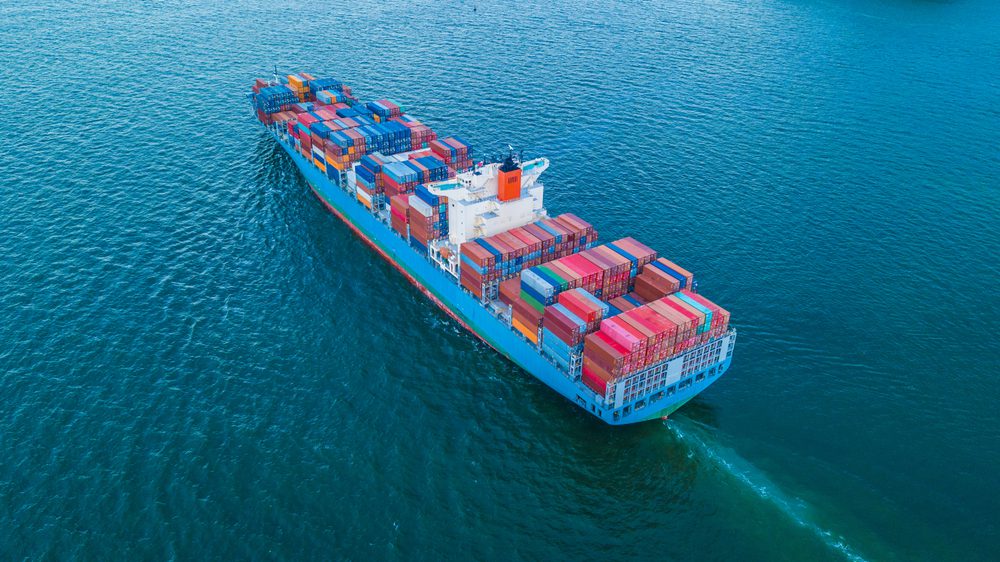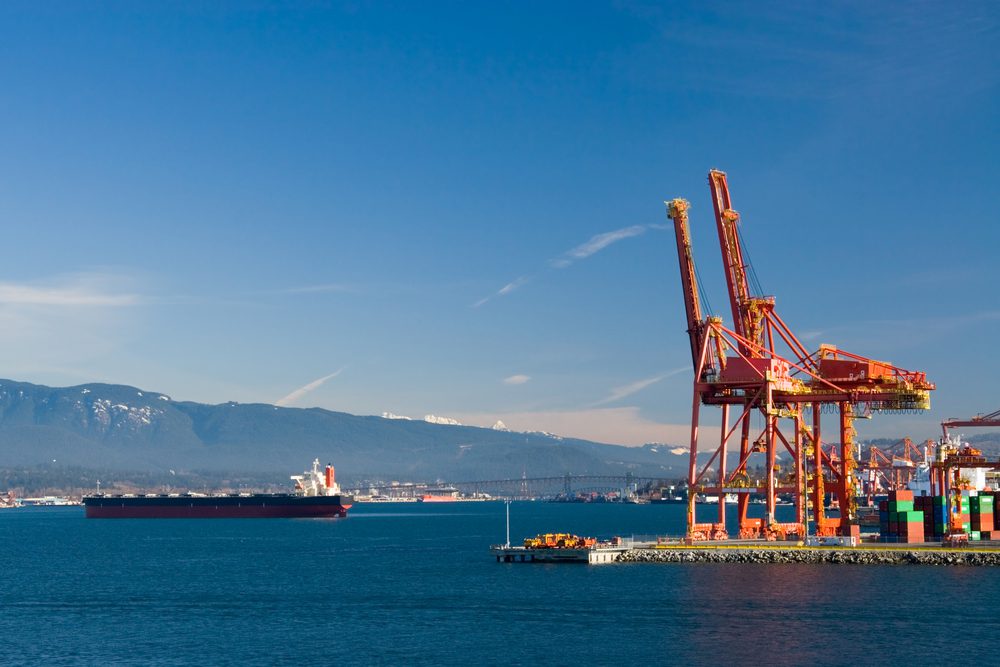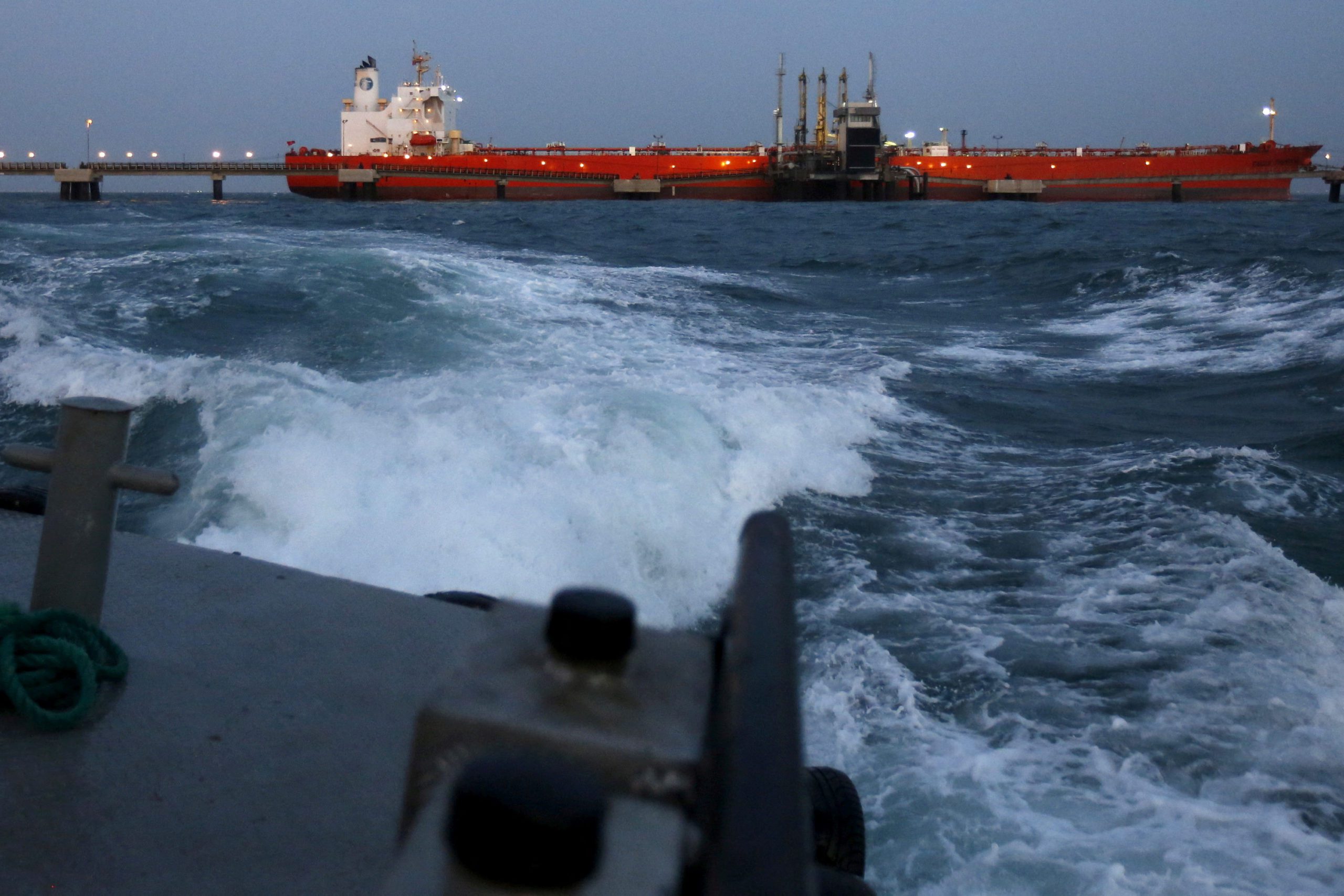FILE PHOTO: Avigator Thailand / Shutterstock
By Richard Weiss and Christopher Jasper (Bloomberg) — Freight carriers including container shippers and cargo airlines say global demand is building toward a seasonal peak that could outstrip last year’s as more consumers shop online to overcome coronavirus curbs.
Overall, container volumes may dip just 2% in 2020 compared with industry experts’ early forecasts of a 15% slump, according to Rolf Habben Jansen, chief executive officer of German shipping line Hapag-Lloyd AG, which is deploying more capacity now than it did during the build-up to year-end holidays in 2019.
“Volume started really coming back from August,” Jansen said in an interview on Friday. “From everything we see now, it looks like the market is going to remain pretty strong until at least Chinese New Year in mid-February.”
Cargolux Airlines International SA, Europe’s biggest freight-only carrier, is experiencing a similar surge in demand and has 30 Boeing Co. 747 freighters in continuous operation. While that’s partly because a drop in passenger flights has reduced hold space, CEO Richard Forson said consignments of protective gear that dominated earlier in the year are giving way to toys, fashion items and electronic goods including the latest Apple Inc. iPhone, Sony Corp. PlayStation and Microsoft Corp. Xbox offerings.
Bouncing Back
The upturn is unlikely to deliver a bumper festive period for high-street retailers battered by the coronavirus outbreak, with Internet-focused businesses the likely beneficiaries. Online Christmas shopping may even surpass store sales in the U.K. for the first time, according to research published last month by delivery firm ParcelHero. Consumers will spend about the same overall on presents and food as in 2019, it said, but are stopped from shopping in person by a new lockdown that bans non-essential retail.
Container lines are also being boosted by falling prices for bunker fuel, which could help lift Hapag-Lloyd’s full-year profit by almost 50% after it previously forecast a decline of as much as one-third.
Still, the Hamburg-based company said the average rate charged per standard container was flat in the third quarter and will gain only slightly for the year, with price surges confined to the busiest routes. Meanwhile, shippers are struggling with a container shortage in Asia, Jansen said, and ports elsewhere are congested with boxes stuck at terminals.
Cargolux’s Forson said that airfreight capacity is also stretched, with many specialist freighter planes being brought out of retirement to make up for the loss of passenger-jet belly space. One carrier has even reinstated a 747-200F, a model first delivered in 1972.
The concern now, Forson said, is over whether freight demand could drop in the longer term as global economic growth weakens in the wake of the health crisis, depressing consumer spending.
“Once that happens there’s no escape valve for the cargo industry,” he said.
The picture for trucking firms also remains bleak, the International Road Transport Union said Friday, with global losses reaching $679 billion and a wave of bankruptcies looming. The situation is most acute in Europe, where new virus cases are at record levels.
© 2020 Bloomberg L.P.
Unlock Exclusive Insights Today!
Join the gCaptain Club for curated content, insider opinions, and vibrant community discussions.

 Join The Club
Join The Club













